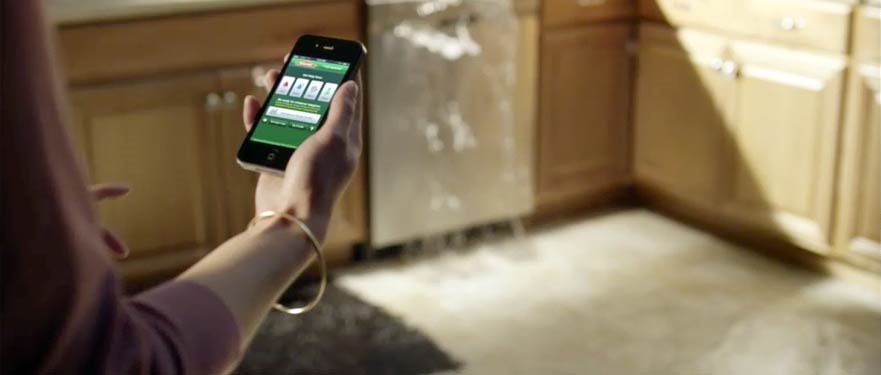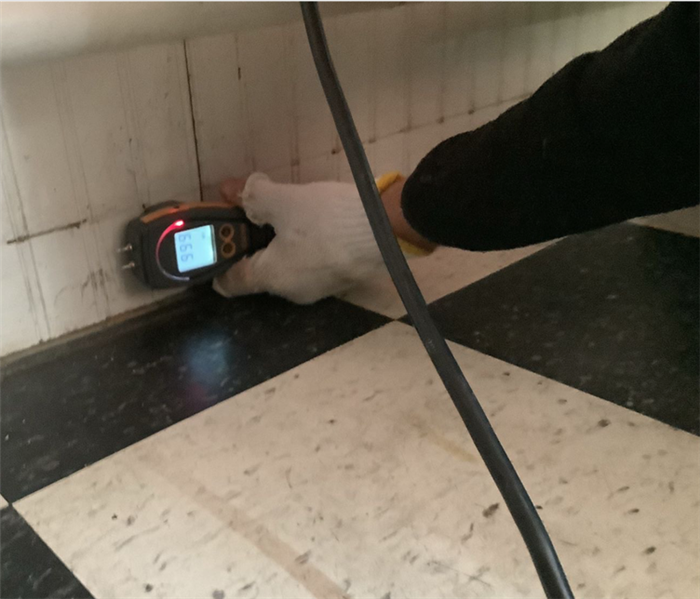
Water Damage Emergency Tips
What you can do until help arrives
Water Tips | Fire Tips | Biohazard Tips | Mold Tips
Water Damage on Your Property
After discovering water damage, you might want to get to work immediately and start trying to cleanup the water. Don't panic. Always prioritize your safety and make sure your property is not hazardous. Your next step should be calling our team of water remediation specialists at SERVPRO.
SERVPRO of Southwest Raleigh & Holly Springs is available 24/7/365 to help you after water loss or flooding. After discovering a leak or standing water, our team will begin inspection to figure out the source of the damage. We also begin the drying and extraction equipment immediately so long-term damages are minimal. Our team has helped people after:
- Flooding
- Leaks
- Sump pump failure
- Water heater malfunctions
- Rain damage
- Sewage back up
Our team is trained to handle any type of water damage situation, and that is why our team is the team you can trust to restore your home or business.
A Few Tips to Consider
While you wait for our emergency services to arrive, SERVPRO of Southwest Raleigh & Holly Springs has a few do's and don'ts for you to consider so you stay safe. Safety should always be prioritized before taking any steps in water cleanup and restoration.
Have A Water Damage Emergency? Call (919) 944-4002
What To Do After Flooding
- Remove excess water by mopping and blotting.
- Wipe excess water from wood furniture after removal of lamps and tabletop items.
- Remove and prop wet upholstery and cushions.
- Place aluminum foil or wood blocks between furniture legs and wet carpeting.
- Turn air conditioning on for maximum drying in summer.
- Remove colored rugs from wet carpeting.
- Remove art objects to a safe, dry place.
- Gather loose items from floors.
What NOT To Do After Flooding
- Don't leave wet fabrics in place. Hang furs and leather goods.
- Don't leave books, magazines or other colored items on wet carpet or floors.
- Don't use your household vacuum to remove water.
- Don't use television or other household appliances.
- Don't turn on ceiling fixtures if ceiling is wet, and keep out of rooms where ceilings are sagging.



 24/7 Emergency Service
24/7 Emergency Service




